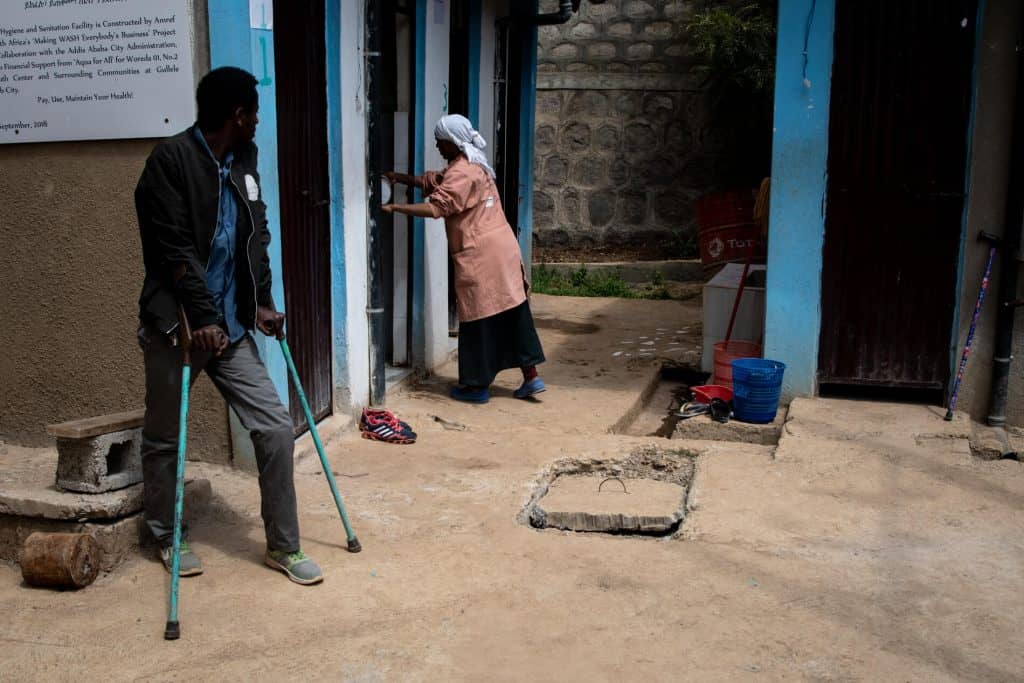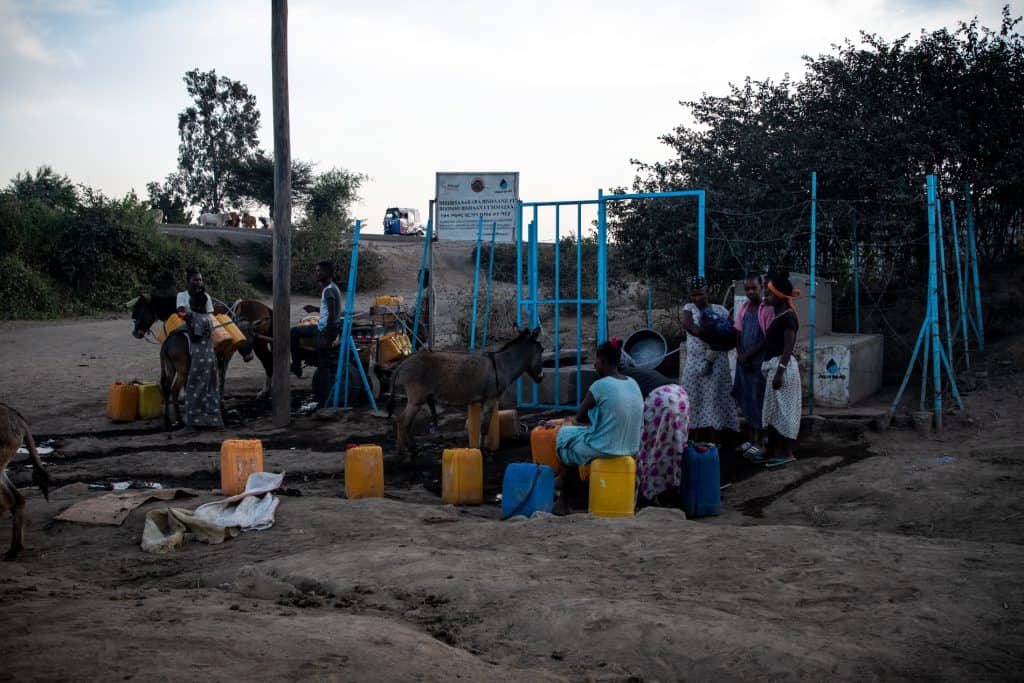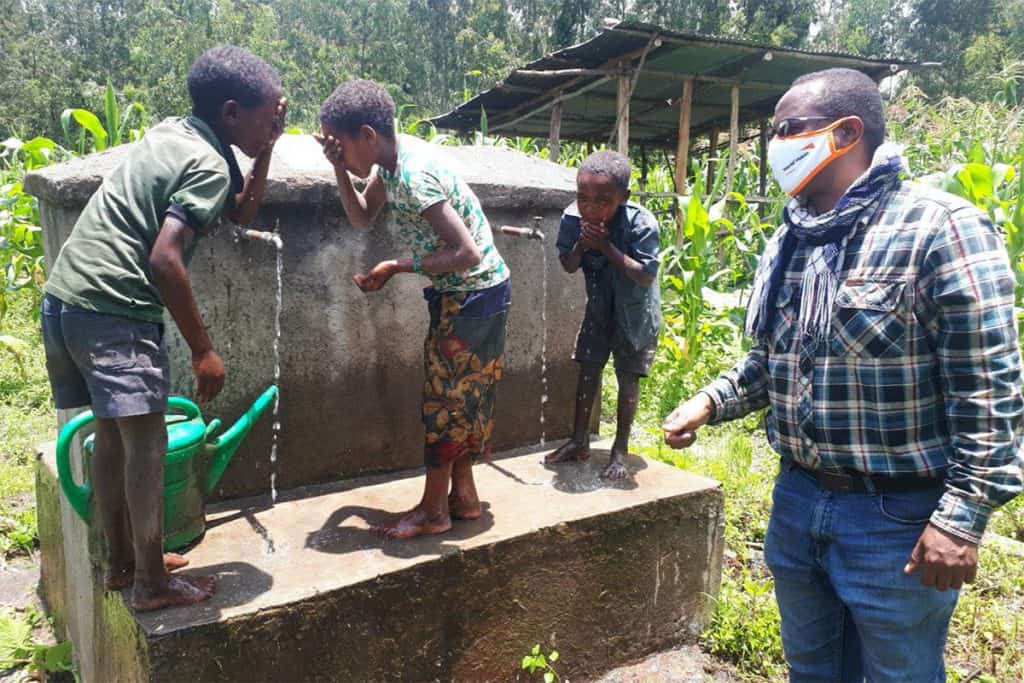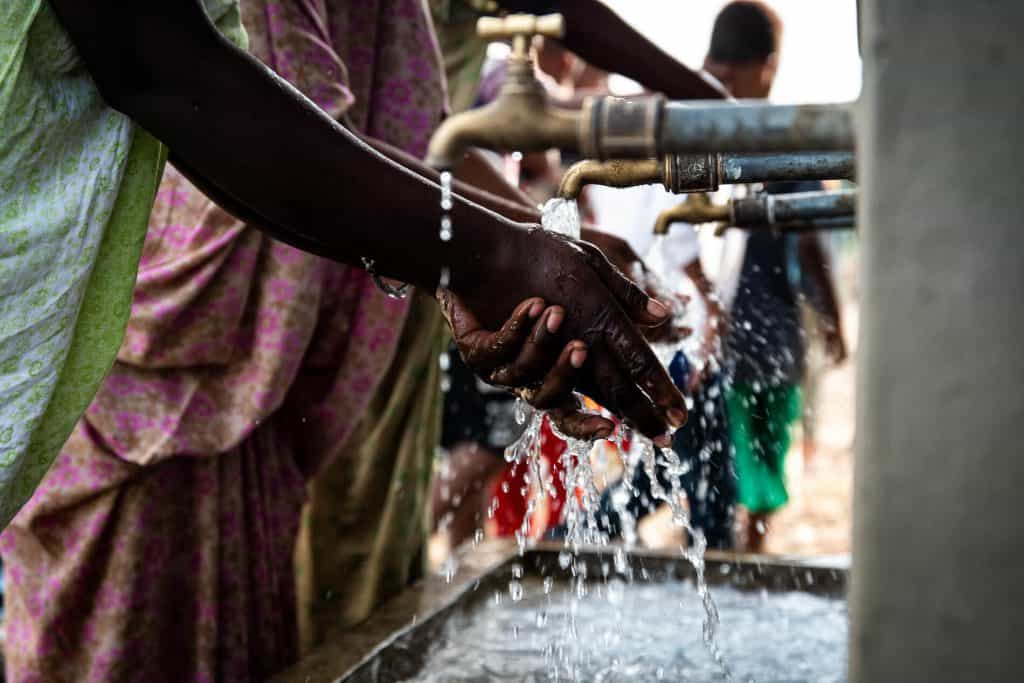The Corona crisis: how are things going in Africa?
The Corona crisis:
how are things going in Africa?
At Made Blue , despite the corona crisis, we continue to pursue our mission as best as possible: access to clean drinking water and hygiene for everyone. Because that is more important today than ever. Imagine not being able to wash your hands at all during this time…

How are things in Africa now?
As it seems, Africa is not (yet) hit that hard by the Corona virus. But that may well be deceiving: sub-Sahara Africa lacks effective recording on how the virus is spreading. Reports of potentially hard-hit urban areas only occasionally make it to our news media, of course also because we are focussed on dealing with our own crisis in Europe.
In addition, in developing countries health systems in place are overall weak and only marginally equipped to step up in the fight against corona. ‘Flatten the curve’ therefore cannot really apply… and only be wished for. Let’s hope for the virus not to peak in Africa at it did in Europe, and let’s continue to work towards access to clean water and hygiene for all!
remedy worse than the disease?
In some areas where a curfew has been imposed to combat corona, you see an increase in the number of cases in which care cannot be reached in time, for example during childbirth.
Lock-downs also directly lead to even bigger problems: after all, the economy there largely runs on the informal circuit. People there take to the streets every day to earn a living. Consider a taxi ride, selling at a market or other services in the city.
For those a lock-down means a direct lack of income. With no means for governments to impose generous countermeasures, a lockdown causes immediate and even worse problems.


Side effects
It doesn’t stop there. Affected areas are seeing a decline in the number of children, especially girls, going to schools. A new spike is expected in arranged child marriages and many fear practices such as female genital mutilation, long fought against by community health workers, will now find new ground as health systems remain weak and government is focussed on fighting this virus.
Positive side effects are also being reported: covid-19 makes people aware of the importance of hygiene and – where possible – they start washing hands more often. This also leads to a decrease in several other infectious diseases in these areas.
The power of water
In a situation where nearly 800 million people on earth have to walk for kilometres every day for access to (often polluted) water, it is a challenge making basic hygiene facilities such as hand washing stations and toilets accessible to all.
Together with our partners in Asia and Africa, we continue to work on access to clean drinking water for everyone: we are starting a new project in Vietnam, we are scaling up in Tanzania and work in Ethiopia on a successful program in the slums of Addis Ababa, Adama and Awash also available in schools.

What can you do?
Do you want to help us invest the next million as quickly as possible? There are more ways than you think…
You might want to read these updates too:
We already invested €1,000,000.-
After five years, we can proudly announce that we have already invested 1 million in drinking water and we will double that in the short term.
Read moreHow are things now in Dembiya, Ethiopia?
It has been two years since we completed our project in Dembiya, Ethiopia. How is it there now? And what about other projects?
Read more